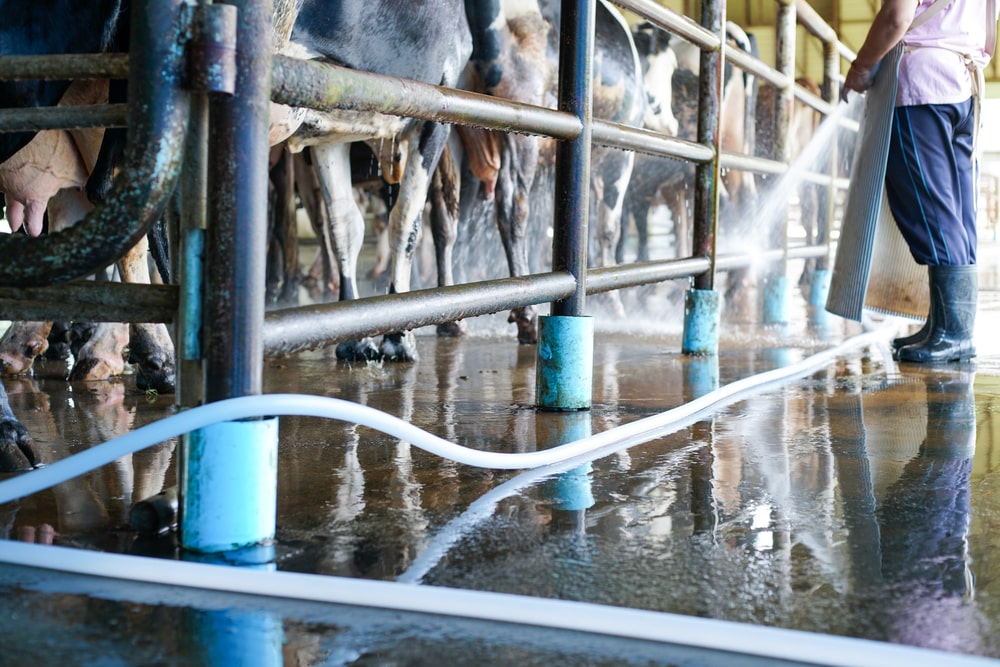Tue, 11/24/2020
On November 5, 2020, in Martinez-Cuevas et al., v. Deruyter Brothers Dairy, Inc. et al., the Washington Supreme Court ruled in a 5-4 decision that Washington’s 60-year exclusion of dairy workers from overtime pay after 40 hours of work is unconstitutional because the Washington State constitution contains “a fundamental right for Washington workers to health and safety protections” that is embedded in overtime laws.
The majority opinion held that the overtime exemption violated the “privileges and immunities” clause of the State constitution because the exemption allowed employers to force farmworkers to “work long hours in conditions dangerous to life and deleterious to their health,” which violated a constitutional right to protection for health and safety in dangerous industries.
The lawsuit was filed under the state Minimum Wage Act by two dairy workers, Jose Martinez-Cuevas and Patricia Aguilar, employed by DeRuyter Brothers Dairy, Inc. The workers alleged they worked nine to twelve hours a day, six days a week, without the benefit of paid rest breaks, meal periods, or overtime pay. The company previously settled the meal and rest break portion of the case for $600,000, leaving the constitutional challenge to the exemption of farmworkers from overtime.
The Washington Supreme Court’s decision overturned the long-standing practice of excluding farm workers from the basic health and safety protection of overtime, afforded to almost all other workers engaged in dangerous occupations. The exemption comes from the racist history of the Fair Labor Standards Act (FLSA), when political compromises were reached to exclude farm workers and domestic workers in order to get the southern votes needed to pass basic federal protections for workers, including overtime pay and the minimum wage.
Agricultural labor has been treated differently from the rest of the American workforce since the FLSA was first passed in 1938. Historically, politicians have justified the lack of protections for agricultural workers because the work is seasonal, and the workers are more likely to be supplied room and board, which complicates the calculation of wages.
However, historical analyses have shown us that the main reason for the exemptions was because President Franklin D. Roosevelt was dependent on the votes of southern Democrats in Congress to pass his sweeping package of New Deal legislation. And southern Democrats were beholden to white farm owners who were reliant on cheap Black labor. “Inexpensive and unregulated labor formed the plantation system’s backbone, and southern legislators fought hard to avoid higher wages and overtime costs,” Autumn Canny, a National Agriculture Law Center lawyer, wrote in 2005.
In 11 southern states, Black farm workers made up 54% of the total, and many of them were sharecroppers and tenant farmers tied to the land through the perpetuation of debt enforced by racist laws.
Today, individual states are working to correct the racist history of this country’s minimum wage and overtime laws. In California, for example, employers are required to pay overtime for any hours worked over 50 a week on farms with 25 or more workers. New York, Minnesota, and Hawaii also have laws requiring overtime for farm workers, but none hold farm employers to the same standards as other employers. Hopefully, the decision in Martinez-Cuevas et al., v. Deruyter Brothers Dairy, Inc. et al., will be a new beginning, and inspire state and federal legislatures to follow suit.

